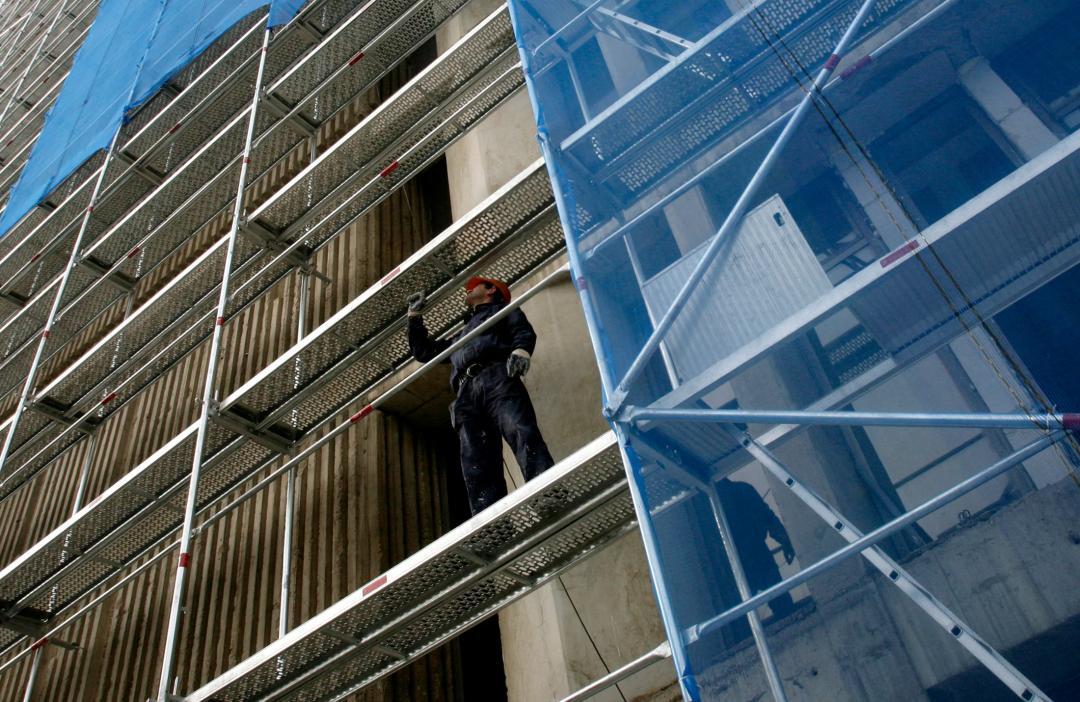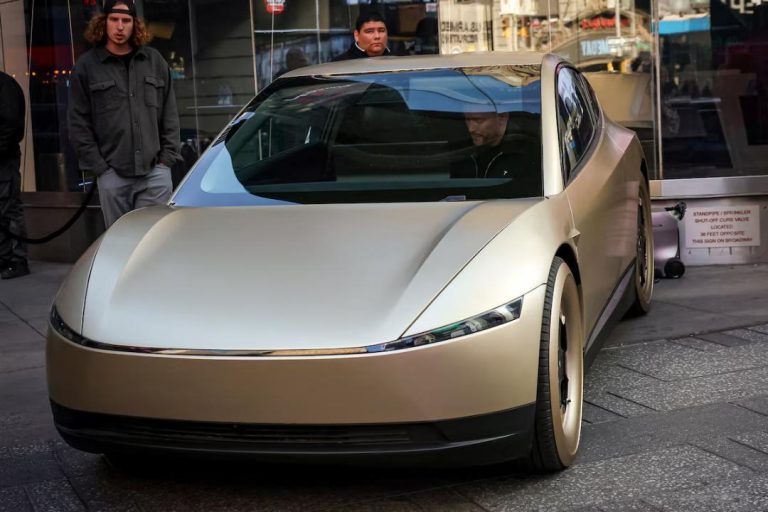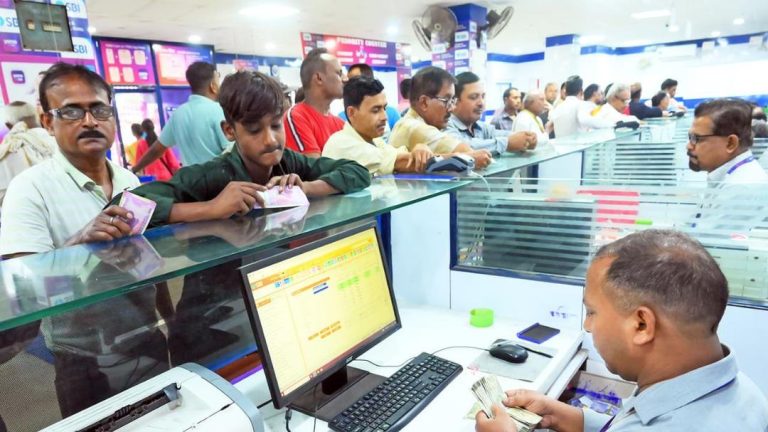
IIT Making Glass to Keep Buildings Cool in Summer & Warm in Winter
As the world grapples with the challenges of climate change, innovative solutions are being sought to reduce the environmental impact of buildings. In a breakthrough that could revolutionize the construction industry, Indian Institute of Technology (IIT) Indore is developing a ‘smart glass’ that can regulate light and heat by applying a small electric current. This game-changing technology has the potential to create eco-friendly buildings that are not only sustainable but also energy-efficient.
The smart glass, which is still in the experimental phase, uses a special porous organic polymer to change its color and transparency in response to an electric current. This allows it to block sunlight and heat when needed, or let it in when it’s cooler. According to officials, the glass can be integrated into building facades, windows, and even roofs to create a more comfortable and energy-efficient indoor environment.
The technology behind the smart glass is based on the principles of electrochromism, which is a process that involves the reversible change in color of certain materials when an electric current is applied. In this case, the porous organic polymer is the key component that enables the glass to change its properties.
“The electronic curtain glass can change color and transparency, allowing it to block sunlight and heat when needed, or letting it in when it’s cooler,” said an official from IIT Indore. “This means that buildings can be kept cool in summer and warm in winter without the need for air conditioning or heating systems.”
The benefits of this technology are numerous. For one, it has the potential to reduce energy consumption by up to 50% compared to traditional building materials. This is because the smart glass can regulate the amount of sunlight that enters a building, reducing the need for artificial lighting and cooling systems. Additionally, the technology can help to reduce greenhouse gas emissions by minimizing the need for fossil fuels.
Another significant advantage of the smart glass is its durability and low maintenance requirements. Unlike traditional glass products, which can be prone to scratches and cracks, the smart glass is resistant to wear and tear. This means that it can withstand harsh weather conditions and extreme temperatures without compromising its performance.
The development of the smart glass is part of a larger effort to create sustainable and eco-friendly buildings. In recent years, there has been a growing recognition of the need to reduce the environmental impact of buildings, which account for a significant proportion of global energy consumption and greenhouse gas emissions.
To achieve this goal, researchers and architects are exploring innovative materials and technologies that can be used to create energy-efficient and sustainable buildings. The smart glass is just one example of this, and it has the potential to play a key role in reducing the environmental impact of the construction industry.
In addition to its environmental benefits, the smart glass also has the potential to improve the health and well-being of building occupants. By regulating the amount of natural light that enters a building, the smart glass can help to reduce the risk of eye strain and fatigue, which are common problems associated with traditional office lighting.
The development of the smart glass is a testament to the innovative spirit of IIT Indore and its commitment to creating sustainable solutions for the future. As the world continues to grapple with the challenges of climate change, it is clear that innovative technologies like this will play a key role in reducing our environmental footprint and creating a more sustainable future.
Source: https://repository.inshorts.com/articles/en/PTI/319121e5-f2f2-4d36-b9bd-364925f8a154






